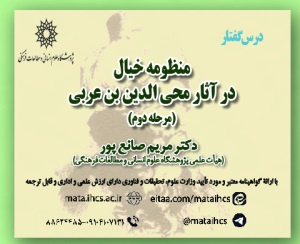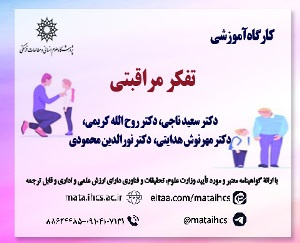کاوشی در مجادلات عدالت اجتماعی بین متفکرین غربی و اسلامی (مقاله علمی وزارت علوم)
درجه علمی: نشریه علمی (وزارت علوم)
آرشیو
چکیده
با توجه به مناقشه های نظری در مورد مفاهیم و ارزش های بنیادی، چون عدالت، بین اسلام و غرب در این مقاله به مطالعه سیر تاریخی تحول مفهومی عدالت از منظر این متفکران می پردازیم. در این مطالعه نتیجه می گیریم که اولاً، عدالت معنای روشن و جهان شمول در اعصار و بین اندیشمندان ندارد و گرایش کلی به یافتن مبنایی برای زندگی سعادتمندانه و متعالی است؛ ثانیاً، تشابه و تفاوت در میان متفکرین غربی و اسلامی به مبانی معرفت شناختی و زمینه های اجتماعی و مذهبی برمی گردد؛ ثالثاً، گرایش ها در اندیشمندان غربی از دوره کلاسیک به سوی عصر جدید اجتناب از مطلق گرایی و کشاندن عدالت به زندگی عملی است درحالی که بین متفکرین اسلامی گرایشات مطلق گرایانه و تقدس گرایانه عموماً غالب است؛ خامساً، اندیشه ورزی اسلامی بیشتر گرایش به ازلی بودن دارد و خصلت پسین و پیشینی بودن دارد درحالی که اندیشه ورزی غربی به خصلت پسینی و جنبه های اجرایی عدالت گرایش دارد. سادساً، با توجه به دو مورد اخیر، در شیوه غربی عدالت استقرایی و درعین حال معطوف به حل مسئله مبتنی بر مبانی سکولار و اُمانیستی است از این رو لزوماً بهترین قوانین عادلانه تعبیر نمی شوند بلکه بیشتر به نتایج توجه می شود درحالی که اندیشه اسلامی جامع نگرانه و مبتنی بر مبانی معرفت شناختی معنوی است.Exploring Western and Islamic approaches to the issue of social justice
Considering the theoretical controversy about fundamental concepts and values, such as justice, between Islam and the West, this article probes the historical course of the conceptual transformation of justice from the perspective of Western and Muslim thinkers. The paper concludes that, firstly, justice does not have a clear universal meaning over the ages and between scholars; nevertheless the general tendency is to find the basis for a blissful and transcendental life. Secondly, the similarity and difference among Western and Islamic thinkers returns to their epistemological foundations and social and religious contexts. Thirdly, tendencies in Western scholars from the classical period to the new age have been toward an avoidance from absolutism and bringing justice to practical life, while the Islamic thinkers generally have been adopted absolutistic and holistic tendencies. Fourthly, Islamic thought tends to be more egalitarian and has an eternal character, while Western thought tends to be a non-eternal character focusing aspects of the implementation of justice. Fifthly, taking into account the latter two cases, the Western method of inductive justice and, at the same time, that of problem-solving, is based on secular and humanistic principles. Therefore, it is not necessarily interpreted as the best laws of justice, but rather more attention is paid to the actual results. In comparison, Islamic thought is focused on the epistemological basis of spirituality and tends to present a comprehensive interpretation.


